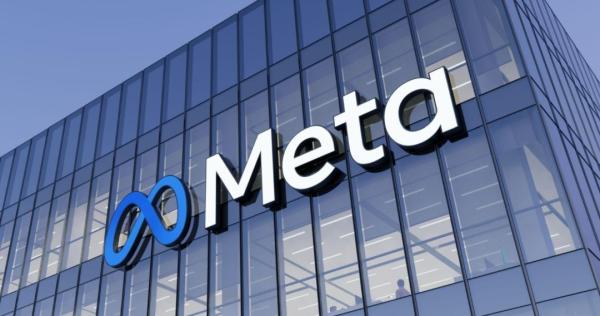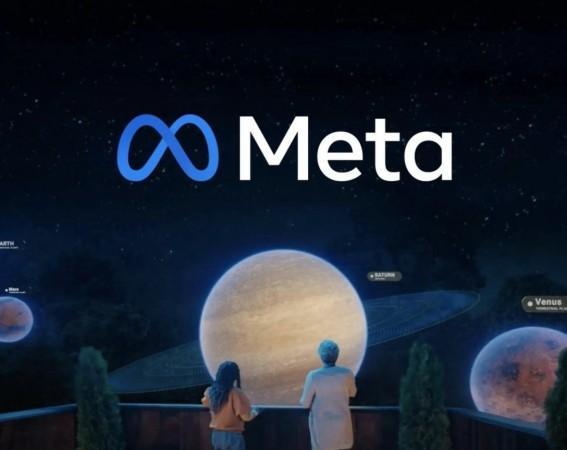
Meta has challenged the Competition Commission of India’s (CCI) order imposing a penalty of Rs 213 crore on the firm. The penalty is to WhatsApp’s 2021 privacy policy update. The social media giant moved the National Company Law Appellate Tribunal (NCLAT) on Monday, seeking to overturn the CCI’s decision.
The CCI, in November last year, directed WhatsApp not to share user data collected on its platform with other Meta products or companies for advertising purposes for a period of five years. The watchdog also imposed a penalty of Rs 213.14 crore on Meta for allegedly abusing its dominant position.
Meta has now informed the NCLAT that the CCI order has wide ramifications for the industry as a whole and therefore, an urgent hearing in the matter will be required. The case is scheduled for a hearing before the appellate tribunal on January 16.
WhatsApp, which has more than 500 million monthly active users in India, disagreed with the CCI’s decision and planned to appeal. The CCI order stated, “The 2021 policy update by WhatsApp on a ‘take it-or-leave-it’ basis constitutes an imposition of unfair conditions under the Act, as it compels all users to accept expanded data collection terms and sharing of data within Meta Group without any opt-out.”

In response, a Meta spokesperson stated that the 2021 WhatsApp update did not change the privacy of people’s personal messages and was offered as a choice for users at the time. The spokesperson further added, We also ensured no one would have their accounts deleted or lose functionality of the WhatsApp service because of this update. The update was about introducing optional business features on WhatsApp, and provided further transparency about how we collect and use data.
The CCI began a probe in March 2021 into WhatsApp’s revised privacy policy, which enabled mandatory data sharing with Facebook (now Meta) and its companies, along with an expanded scope of data collection.
The CCI’s decision to fine Meta and the subsequent appeal by the company has brought the issue of data privacy and the power of tech giants under the spotlight. The case has also raised questions about regulatory overlap in relation to user privacy.
Analysts and policy experts have noted that while the company can appeal the order, it will have to comply with data sharing limitations and purpose norms as per the Digital Personal Data Protection (DPDP) Act. The proposed Digital Competition Bill is also expected to regulate the space.
The CCI’s action aims to protect consumer interests and market competition, but it also raises questions of regulatory overlap in relation to user privacy. This will need to be evaluated in light of the new Digital Personal Data Protection Act, 2023, to ensure alignment with the rights accorded to data fiduciaries concerning user data.